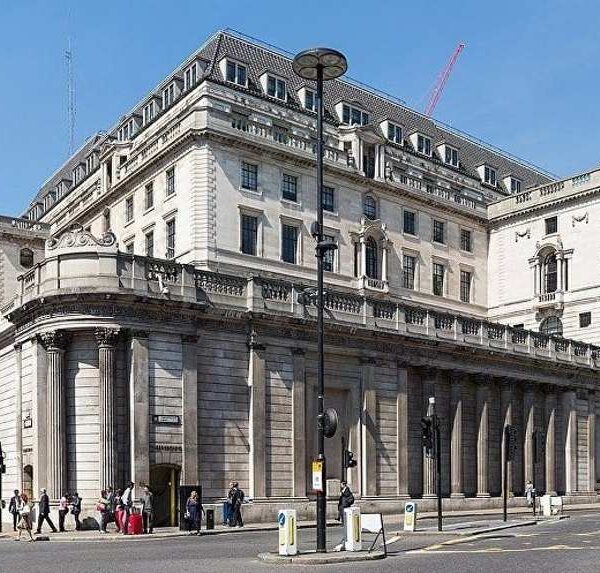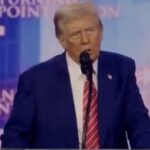

President Xi Jinping vowed to make “high-quality development” the guiding force of the world’s No. 2 economy, showing few initial signs that the top leadership is preparing to unleash major steps to boost demand or arrest the property slump.
The ruling Communist Party signaled China will stay on course with Xi’s plan to use advanced manufacturing to generate growth, in a vaguely worded statement Thursday marking the close of a twice-a-decade conclave that’s often heralded major policy shifts. The focus on the factory engine could increase trade tensions, with rising Chinese exports prompting fresh tariffs from the US and the European Union.
“High-quality development is the top mission of building a modern socialist country,” the official Xinhua News Agency said after the four-day meeting in Beijing. That vague slogan is typically interpreted to emphasize the quality of economic growth over its absolute pace. It centers on Xi’s ambitions to move up the value chain through tech innovation and become more resilient against U.S. trade curbs.
Markets reacted poorly to the cryptic document that offered few policy signals. Chinese shares trading in Hong Kong fell 2.3% as of 11:49 a.m. local time. Onshore stocks rebounded as officials provided more details at the briefing, with the benchmark CSI300 Index reversing earlier losses to gain 0.1% as of the mid-day break. The yuan was little changed at 7.2666 per dollar.
“There remains a strong emphasis on high-quality growth. This means the tolerance for a period of modestly slower growth remains in place,” said Becky Liu, head of China macro strategy at Standard Chartered. “And the bar for strong short-term economic stimulus remains very high.”
Officials normally issue a more detailed report, which typically announces broader policy shifts, several days after the Third Plenum. Specific measures taking cues from that document are likely to come later this month from a sit-down of China’s 24-man Politburo, which in July focuses on economic issues.
Providing a glimpse of what may feature in the coming “decision” document, Han Wenxiu, deputy director in charge of routine work at the Office of the Central Financial and Economic Affairs Commission, said local governments’ financial resources will be increased and their tax sources expanded.
“The proportion of central fiscal expenditure will rise” in total government spending, he said at a briefing Friday. Authorities will study tax regulations “compatible with new sectors,” he added.
President Xi’s government is facing growing calls to rebalance the economy, as Chinese companies count on overseas consumers to soak up a surge in exports that weak demand at home can’t accommodate. Emphasizing the two-speed economy, second-quarter data undershot expectations this week after retail sales in June rose at the slowest pace since 2022.
Officials put “actively expanding domestic demand” on their to-do list as a near-term task in the communique. Authorities also reaffirmed their determination to hit this year’s social and economic goals, which include an annual growth target of about 5%.
The marked only the third time in three decades short-term economic goals were mentioned at this plenum, with the other instances coming in 1998 and 2008 when growth was also under “severe pressure,” according to Macquarie Group Ltd. economists including Larry Hu.
“As a result, policy stance is set to turn more expansionary in the second half of 2024 as policymakers have to defend the annual growth target,” they wrote in a note Thursday night.
Other priorities include creating an improved system for setting macroeconomic policies—potentially a reference to avoiding abrupt crackdowns such as those that rocked the education and tech sectors years ago and dented investor confidence.
This meeting—delayed from last year—comes as policymakers struggle to arrest a crisis in the property market, where the citizens store much of their wealth. Falling house prices and a weak job market have sent China into its longest deflationary streak since 1999.
That’s causing a growing sense of malaise, with some citizens branding the post-pandemic era “history’s garbage time”—a phrase referring to final moments of a sports game when a losing team has no chance of making a comeback. Officials vowed to strengthen the guidance of public opinion and “effectively maintain social stability.”
The real estate sector, which at one point accounted for a quarter of China’s gross domestic product, was mentioned just once in the nearly 4,000-word announcement. It was stated only in the context of managing risk, a potential signal no dramatic stimulus measures are forthcoming.
Chinese official Han said the property market was “undergoing positive changes” at the Friday briefing, and pledged China would implement new real estate policies to guarantee home deliveries.
Beijing introduced a broad real estate policy package in May, which centered on relaxing mortgage rules and encouraging local governments to buy unsold homes. It has, so far, had a modest impact.
The government skipped a once-popular phrase that the market should play a “decisive role,” which was used as recently as the last leadership reshuffle in 2022. The ruling party instead said officials should be able to both “let it go” and “control it.” Authorities have signaled a new willingness to control markets in recent months, with the central bank readying a multi-billion yuan pool of bonds to cool a record-breaking rally.
The scope of the communique—spanning everything from economic to political and social issues—reflected the complex challenges facing China, said Alfredo Montufar-Helu, head of the China Center at The Conference Board.
“But in trying to tackle each and every one of these challenges, it unfortunately reads as lacking the focus the market expected,” he added, citing “structural issues that are dragging down consumer confidence and impeding China’s transition to a more sustainable development model.”
Military modernization was named a key priority in the document, as the party vowed to improve its social governance operations, as well as national and foreign-related security mechanisms. Capable private companies will be supported to lead technology breakthroughs, officials said at a briefing Friday.
The plenum document announced the removal of former Foreign Minister Qin Gang from the party’s Central Committee after he was abruptly fired in July last year, seven months into the job. It also confirmed its decision to oust former defense minister Li Shangfu, who faces corruption charges, and the Rocket Force’s Li Yuchao and Sun Jinming from the party.
Overall, the communique indicated no significant departure from the economic policies of the past few years, said Nicholas Borst, director of China research at Seafarer Capital Partners.
“We need to wait and see if further details on new policies are released in follow-on documents,” he added.

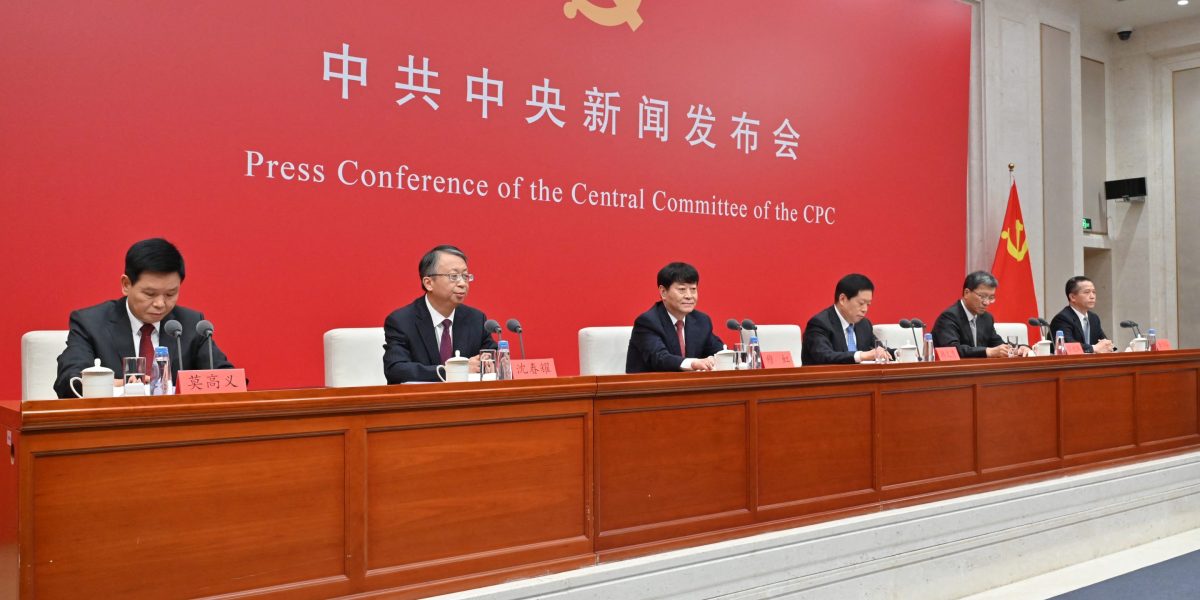
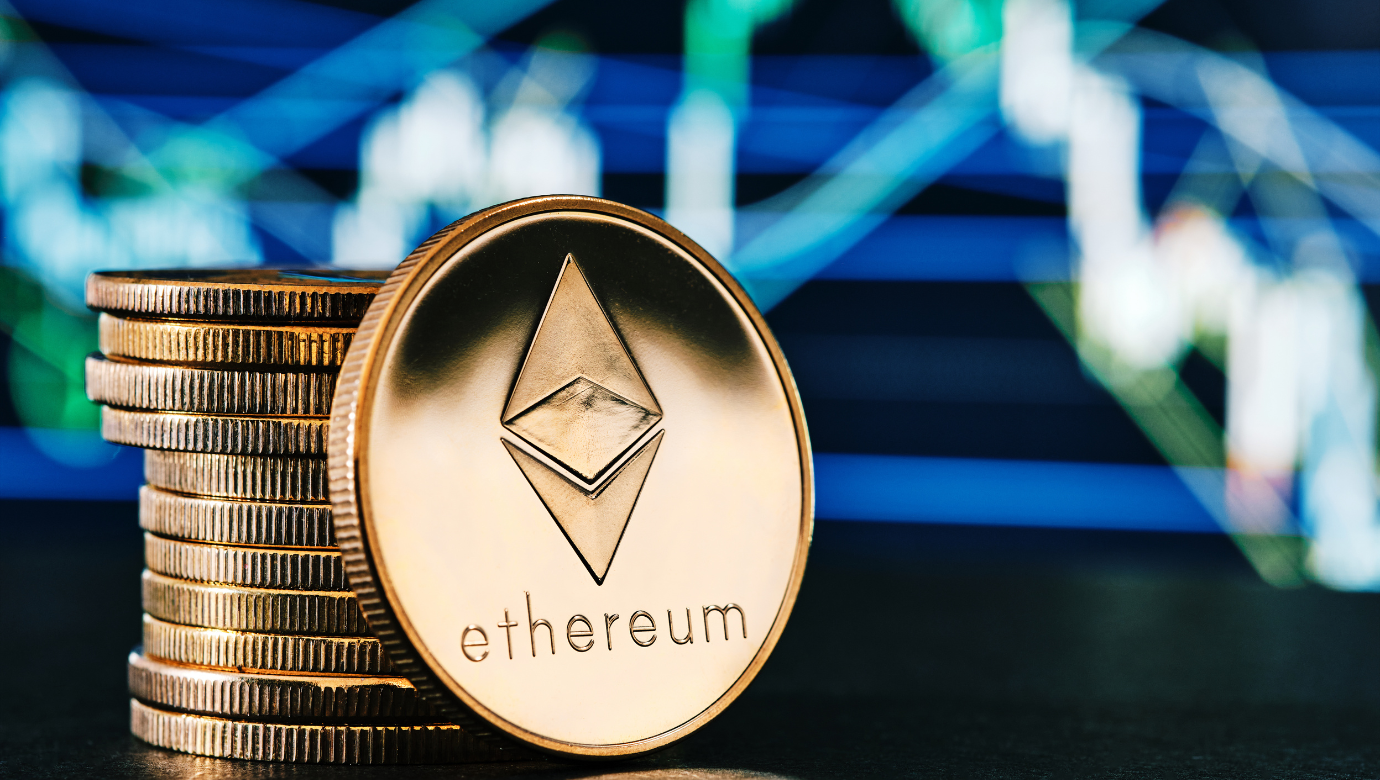
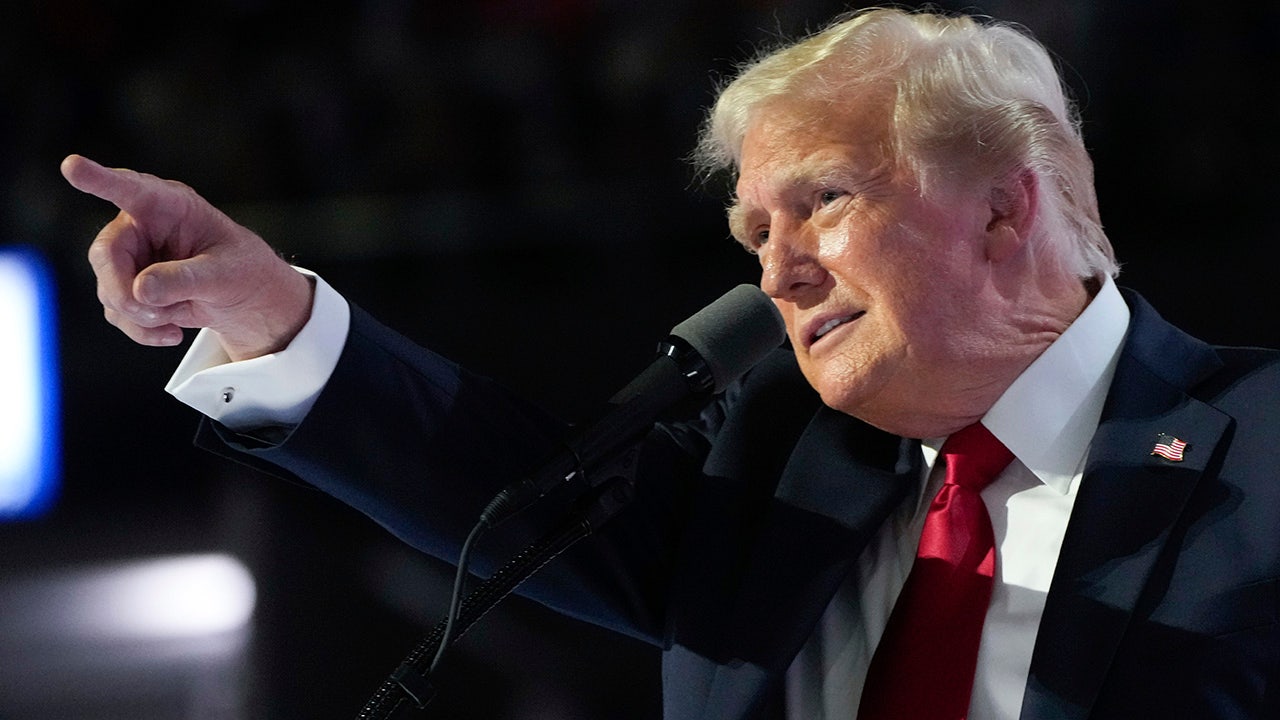





![Meta Shares Reels Tips for Your Holiday Promotions [Infographic]](https://whizbuddy.com/wp-content/uploads/2024/09/bG9jYWw6Ly8vZGl2ZWltYWdlL3JlZWxzX2Fkc19ob2xpZGF5X2d1aWRlMi5wbmc.webp.webp)

